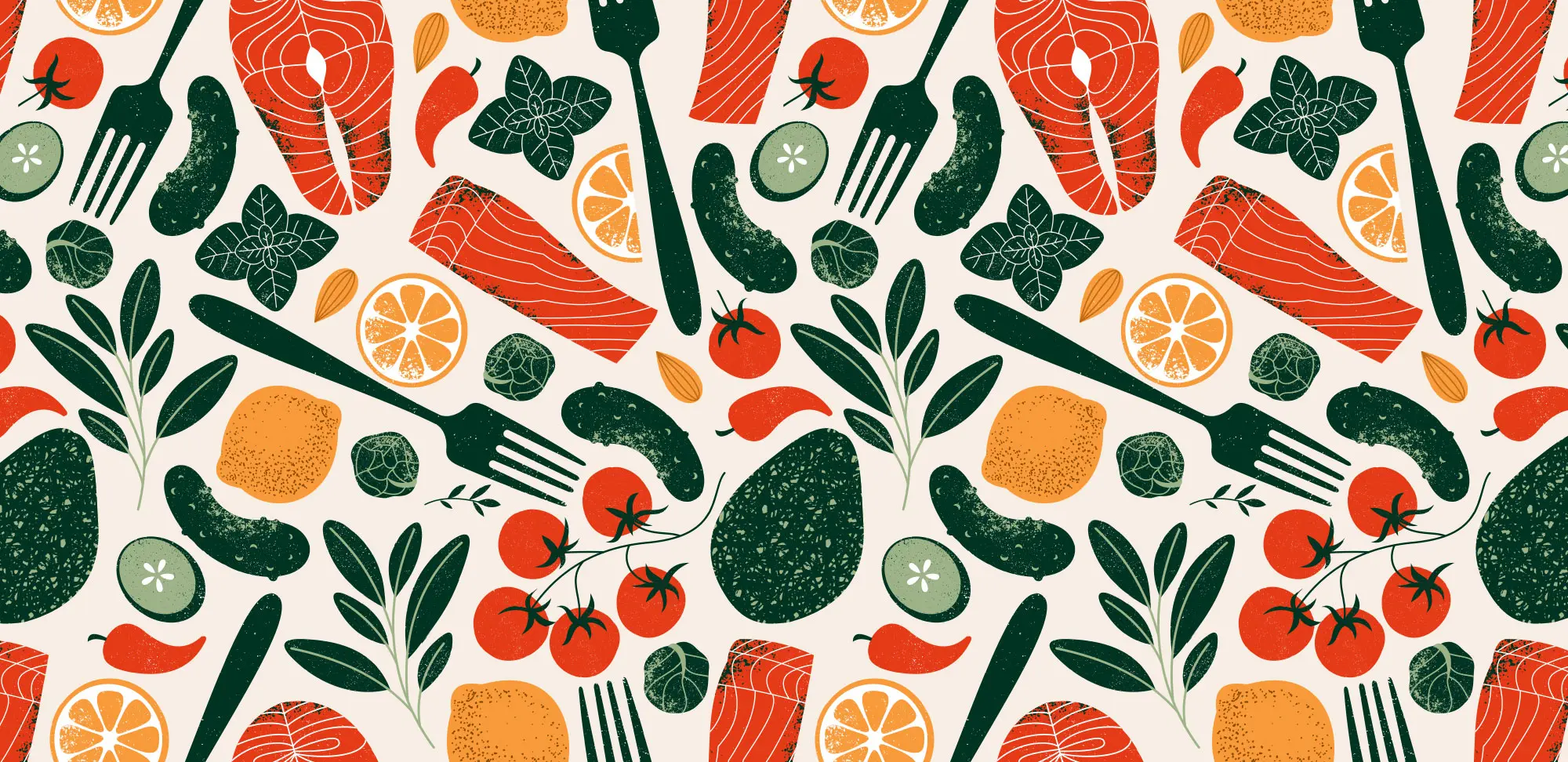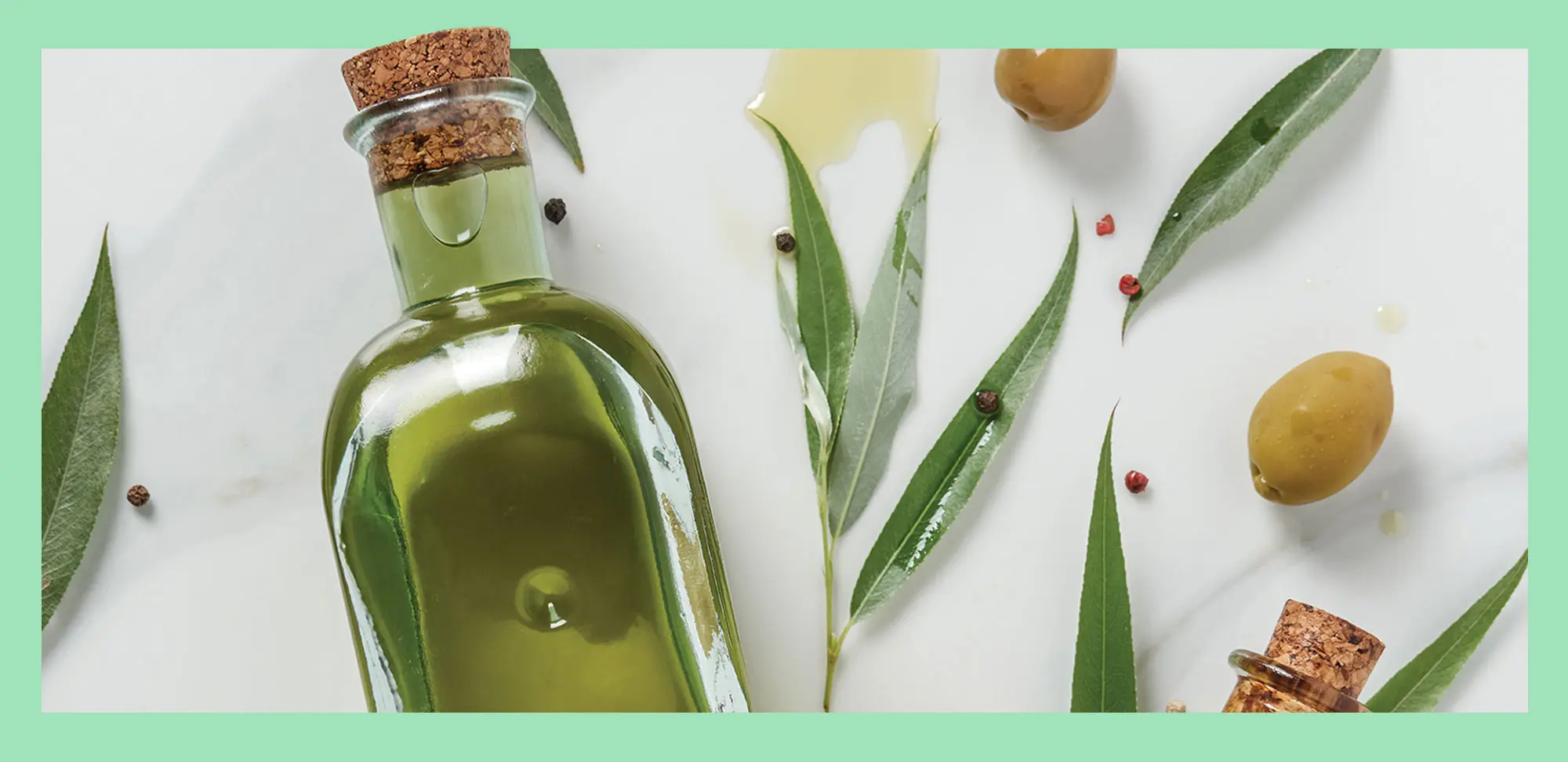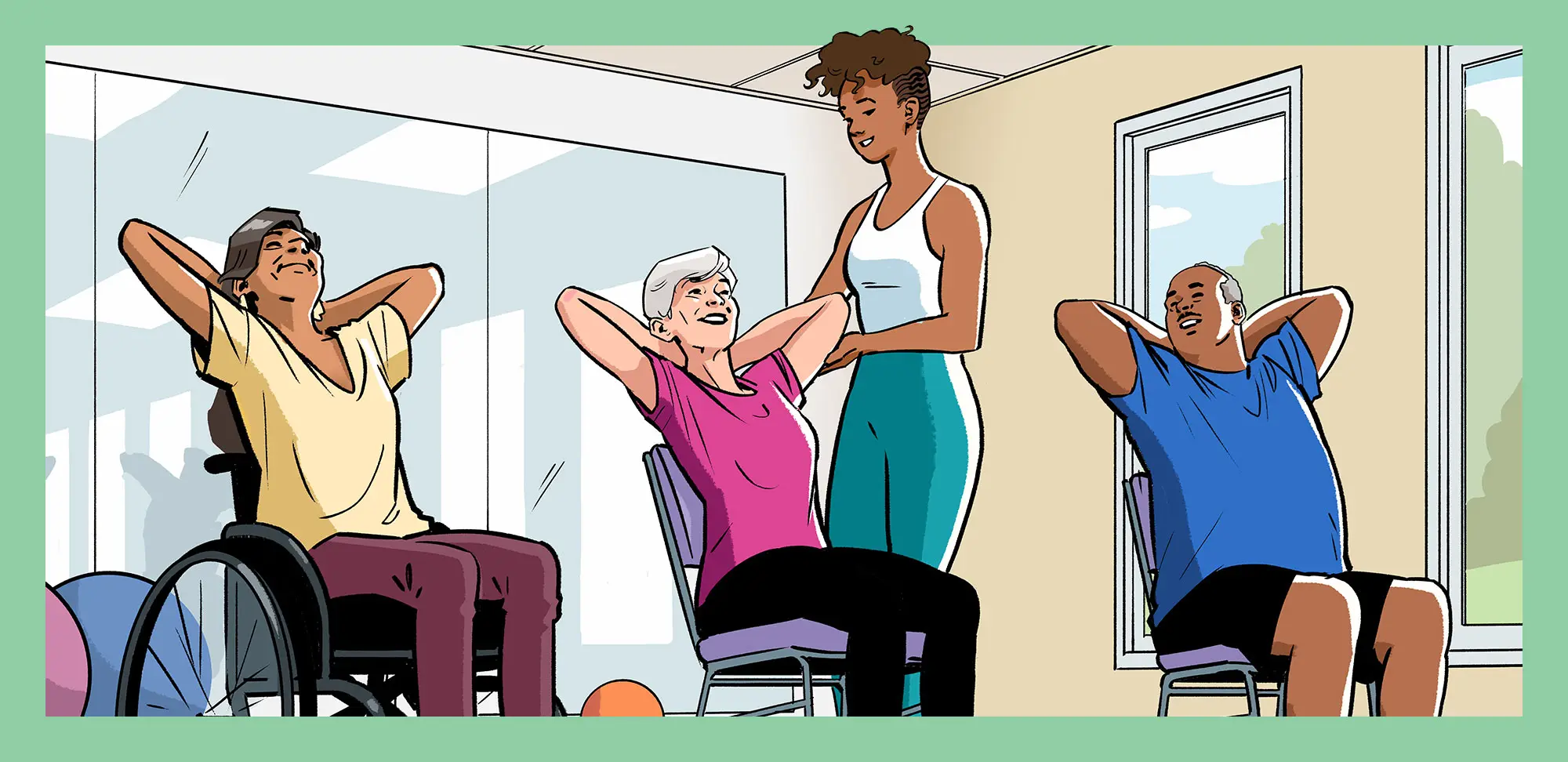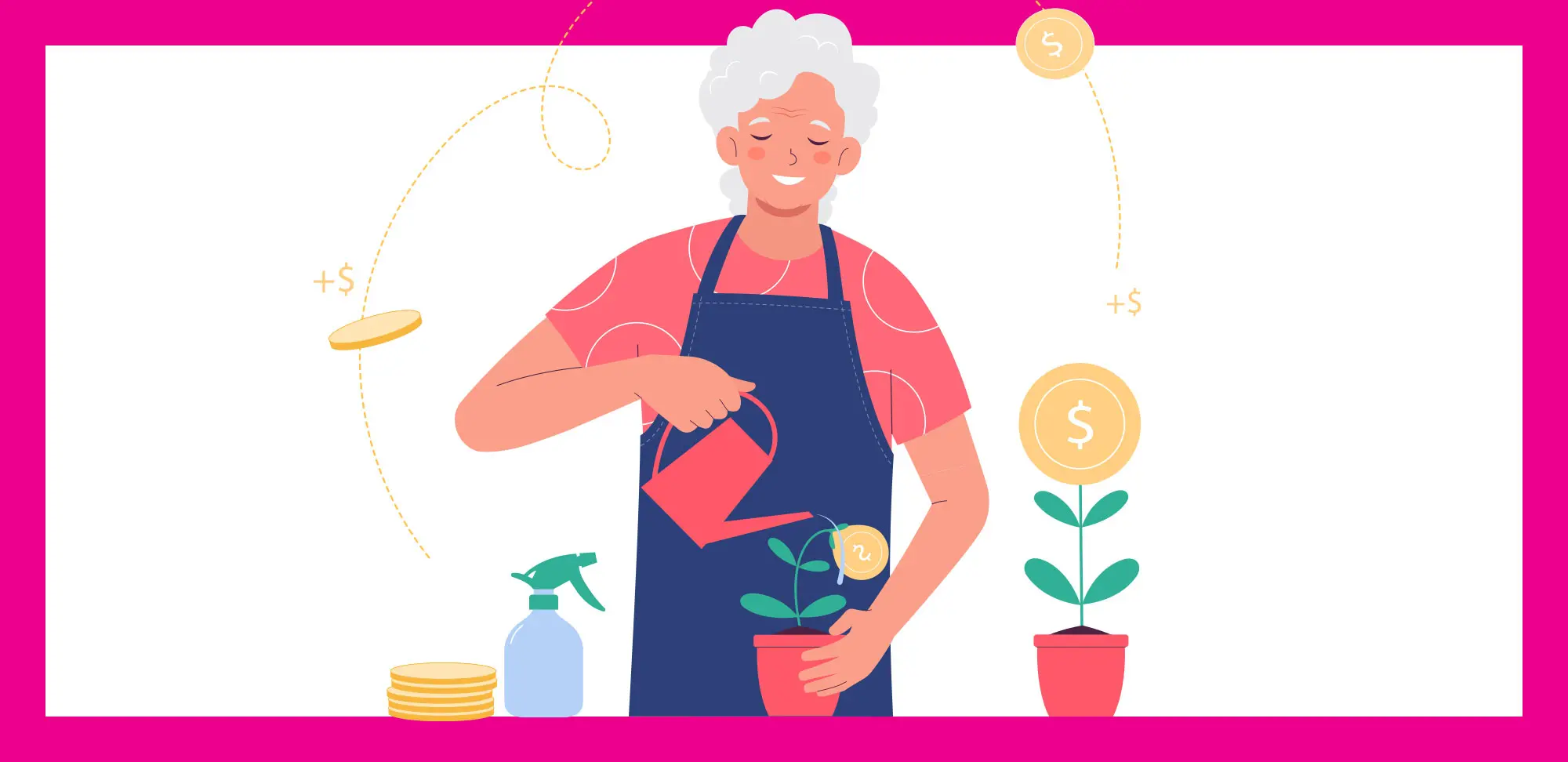Trite but true: Spring signals renewal. If you’re feeling sluggish after a long, mostly indoor winter, now’s the time to rethink what you’re eating and put a new spring in your step.
Skipping meals, over- or under-eating, not drinking enough water, overdoing caffeine or making unhealthy choices all contribute to reduced energy. While food isn’t the only way to pick yourself up, what you eat can make a big difference in your sense of well-being and provide that essential fuel you need to energize you through the day.
Start by planning healthy meals and eat them at regular intervals. Best combinations are healthy carbs such as whole-grain breads, pasta and cereals; fruits and vegetables; and healthy protein like chicken, eggs, lentils, legumes and nuts. This offers your brain and body a steady amount of energy.
Breakfast is a smart way to begin the day — don’t worry if you’re not hungry first thing and you enjoy “breakfast” a little later. Think beyond traditional breakfast food. How about a wrap with hummus and beans, leftovers from last night, a grilled cheese sandwich, peanut butter or almond butter on a bagel?
My favourite breakfast is steel-cut oatmeal with milk or a plant-based beverage and topped with seeds and fruit. The carbs in oatmeal are digested slowly so you get a more balanced release of energy throughout the morning rather than a quick burst.
Dark-green vegetables start to show their heads in spring, so indulge. Asparagus, spring peas, green onions, leeks, fennel (my favourite) and watercress all contain vitamins A, C, K, folate, fibre and more. They add not only flavour and nutrition to salads and soups (potato leek soup is yummy!) but a whack of nutrients and are low in calories. Besides the fresh taste, buying veggies in season can deliver some extra energy.
Go easy on simple sugars. While sweets, candy, sugar and soft drinks may give you a quick energy boost, it’s usually not sustained. Try plain yogurt with fresh fruit or a handful of dried fruit and nuts when you’re feeling peckish.
If you’ve read my past columns, you’ll know how important I believe it is to be well hydrated. If you become dehydrated, your energy will dip. Water is at the top of the fluid list because it’s calorie-, sodium- and sugar-free. Plain water doesn’t do it for you? Try sparkling or carbonated or add lemon or lime slices to your glass. Get in the habit of consuming fluids regularly throughout the day, even if you’re not thirsty. You’ll feel better for it.
Eating well is the best way to boost energy, but sometimes a supplement might help, and a good multivitamin/mineral can fill in your dietary gaps. Adults over 50 may not absorb enough vitamins B12 and D from foods, so you may be advised to add supplements or fortified foods. Talk to your doctor, pharmacist, a dietitian or other healthcare person.
Don’t forget exercise. Keeping physically active is also an energy booster. Walk your neighbourhood — always more fun with a friend! — and slowly increase your distance and speed. And consider activities like swimming or pickleball that also offer opportunities to increase your social connections.
Energy-boosting foods
Salmon is rich in omega-3 fatty acids, important for heart and brain health, plus protein, vitamin D and other essential nutrients.
Blueberries’ deep blue colour comes from anthocyanins, powerful disease-fighting antioxidants that have also been shown to help protect our aging brains.
Sweet potatoes get their bright colour from beta-carotene, a powerful antioxidant, and contain vitamin C, folate, fibre, plus generous amounts of potassium that can help manage blood pressure.
Oatmeal is a good source of soluble fibre, which is helpful in lowering cholesterol and managing blood sugar. With a low glycemic index, a rich cache of B vitamins and minerals such as iron and magnesium, it’s a smart, satisfying way to start the day.
Broccoli has high concentrations of important plant chemicals with disease-fighting properties that may enhance your health in a variety of ways, including reducing inflammation and promoting heart health.
Almonds, rich in heart-healthy monounsaturated fats, are a tasty and convenient snack. They are a source of protein and also provide important nutrients, including calcium, magnesium, vitamin E and fibre.











